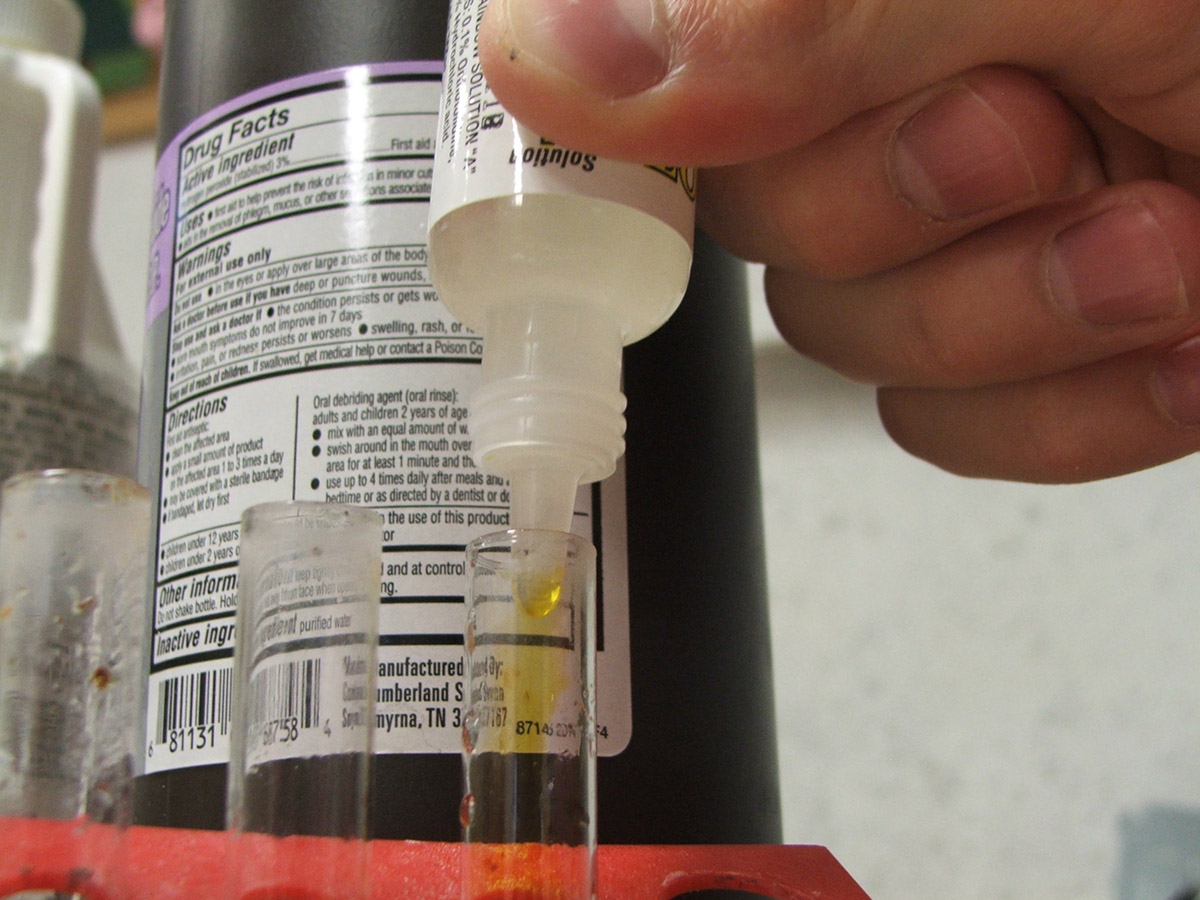
Chlorine allergy is not a common type of allergy. It affects a small number of people with an allergic reaction which is usually mild Everytime a person suffering from chlorine allergy, comes in contact with chlorine, specific symptoms and signs occur. For example, after swimming in a pool an allergic person may experience an itchy sensation and rash all over the body particularly in the armpits and the groin area. The water in swimming pools is treated with chlorine and it is not recommended for people suffering from chlorine allergy to go swimming in pools. This restriction also refers to people suffering from chlorine sensitivity. Furthermore, people suffering from chlorine allergy may develop symptoms after contact with any product that contains chlorine. Chlorine can be found in laundry detergents and in some countries it is found in drinking water. By avoiding contact with chlorine one can successfully control the disease and prevent occurrence of the symptoms.
Chlorine Allergy: Symptoms
Since chlorine allergy is not so common, it may be rather challenging for a doctor to set the correct diagnosis. There are people who are chlorine sensitive but the allergy to the particular substance does not develop often.
In many allergic people, who come in contact with water that contains chlorine, the symptoms are related to eye irritation. The eyes may become watery and red or they completely dry up. There is also an itchy sensation which drives a person to rub his/her eyes uncontrollably. Furthermore, if the skin was exposed to the allergen, it becomes itchy and may even start peeling. The affected skin is also covered with a rash. And finally, if one has been exposed to chlorine fumes the symptoms and signs of allergy are in a form of excessive sneezing and coughing. In severe cases especially if a person also suffers from asthma he/ she may develop severe breathing difficulties.
Chlorine Allergy: Treatment and Prevention
Since it is rather rare, chlorine allergy may take time to be diagnosed. The patients are advised to wash the affected skin thoroughly with soap and water. Eye symptoms are treated with antihistamine eye drops. These eye drops are highly efficient in alleviating of symptoms of the allergy.
Once the symptoms of the allergy have been successfully treated the person should avoid any kind of contact with products that contain chlorine.



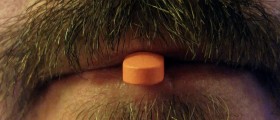
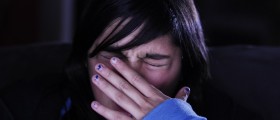

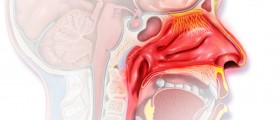






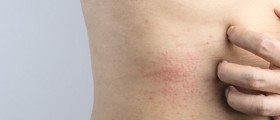


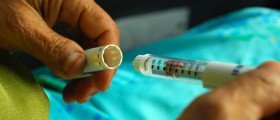
Your thoughts on this
Loading...